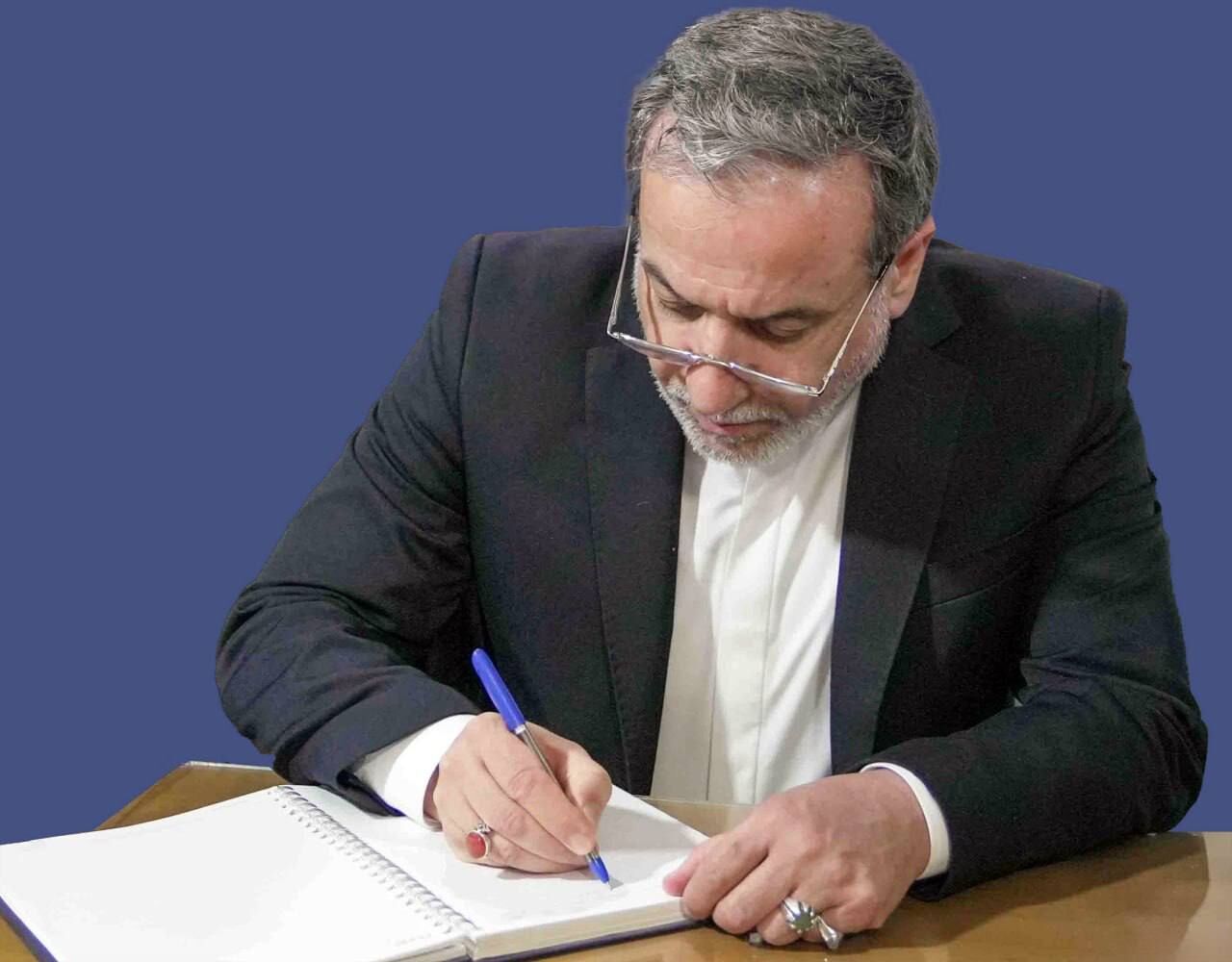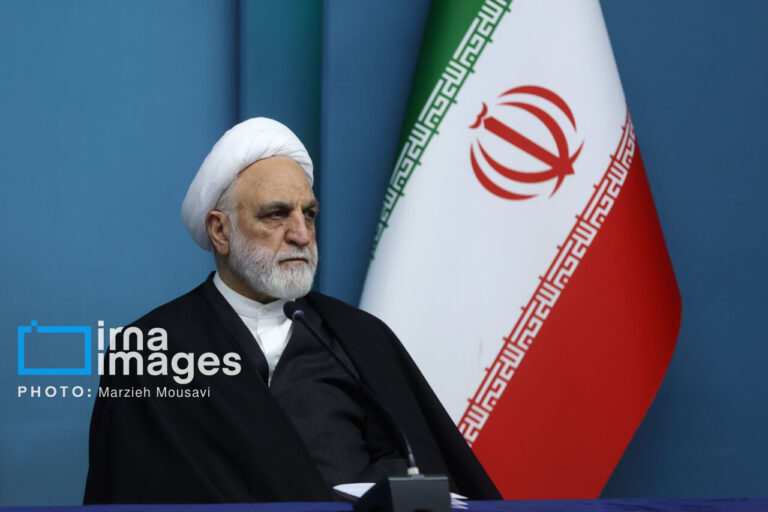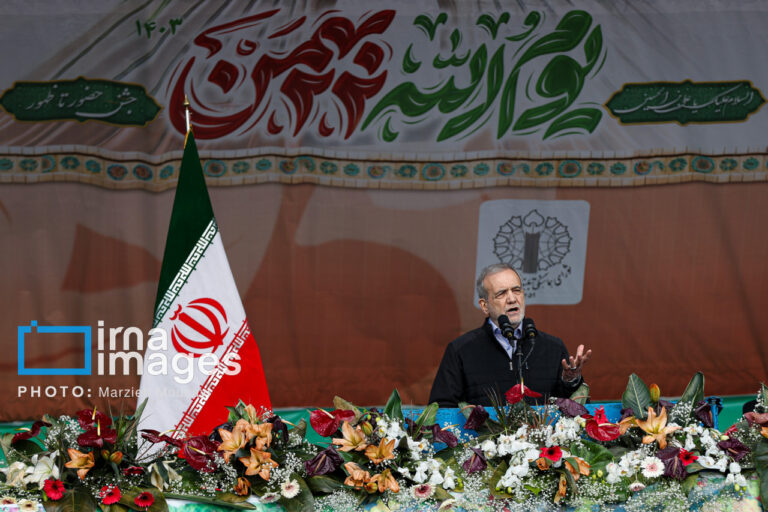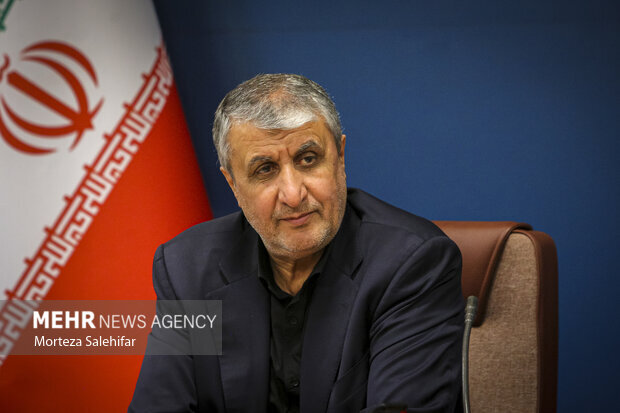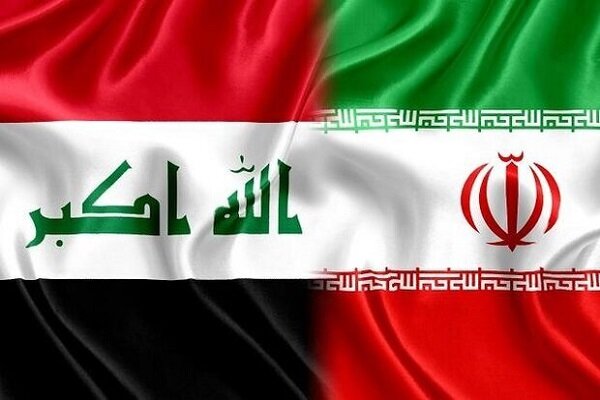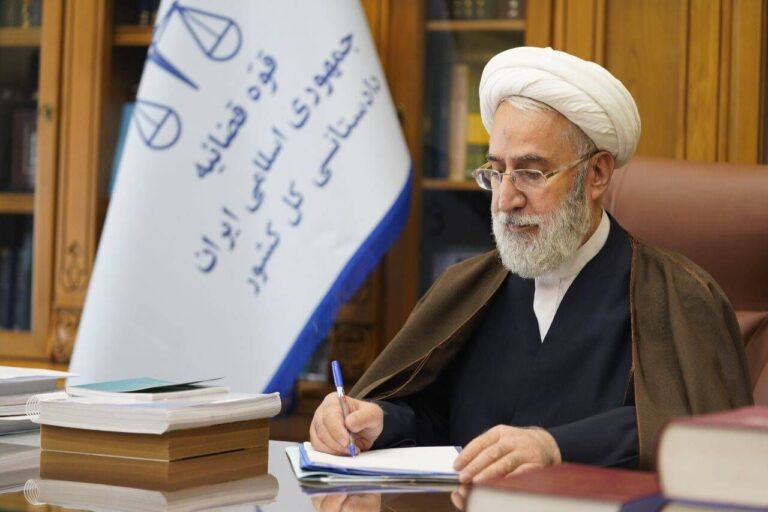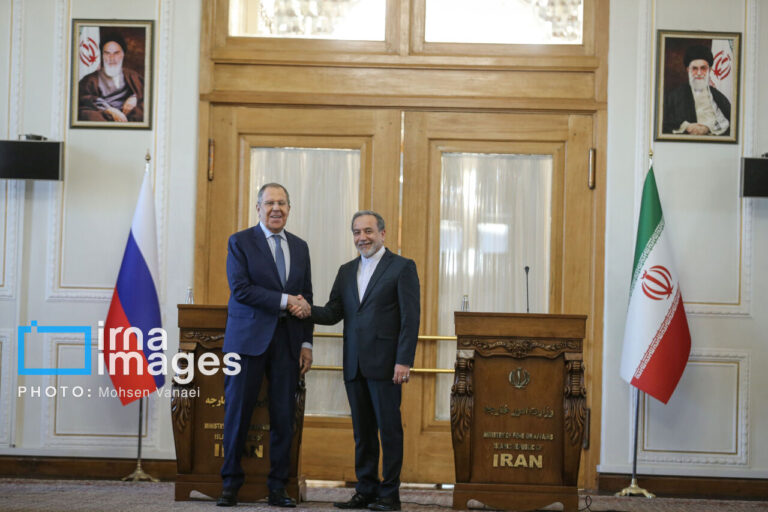Navigating Europe’s Path: Strategies for Reclaiming Influence on the Global Stage
As the geopolitical landscape shifts, the question of Iran-Europe relations looms large. A century after Britain and France established the modern borders of West Asia, Europe finds itself increasingly sidelined in the region’s diplomatic future. In critical discussions—including the ongoing indirect negotiations between Iran and the United States—European diplomats often play a passive role, which reflects a troubling trend of strategic inertia that, in turn, affects all parties involved.
Former U.S. President Donald Trump’s unilateral withdrawal from the 2015 Joint Comprehensive Plan of Action (JCPOA) created a pivotal moment for Europe. This nuclear agreement, involving Iran and six world powers including Britain, France, and Germany, required a strong European response. Bruno Le Maire, then-French finance minister, declared that Europe would not be a “vassal” of Washington. However, in practice, the EU3 (Britain, France, and Germany) fell short of this commitment. The promised economic advantages under the JCPOA failed to materialize as European firms opted to adhere to U.S. sanctions rather than fulfill their governments’ pledges.
Today, the same pattern of indecision is evident closer to home, especially as Washington engages Moscow with little regard for European perspectives. This is notably apparent in the EU3’s recent handling of the JCPOA’s “snapback” mechanism. Originally intended as a last-resort dispute tool, it is now being used as diplomatic leverage, risking a global non-proliferation crisis that could adversely affect Europe.
Iran has clearly articulated its stance, issuing formal warnings to all JCPOA signatories that misuse of the snapback mechanism will lead to serious consequences. These include not only a cessation of Europe’s role in the agreement but also the potential escalation of tensions.
The EU3 must reflect on how it reached this impasse. Under the previous U.S. administration, the EU3 served as crucial intermediaries between Tehran and Washington, fostering constructive engagement from Iran. However, as political will waned in Washington, the EU3 gradually abandoned their diplomatic efforts. Instead of recalibrating their approach, they adopted a confrontational stance, citing human rights concerns or Iran’s legitimate ties with Russia as justifications for distancing themselves.
This strategy has resulted in Iran facing more sanctions than entities officially labeled as terrorists by the United Nations Security Council. The repercussions extend beyond state-level relations and have inflicted real humanitarian consequences. For instance, last year’s EU ban on Iran’s national airline—based on missile export allegations later denied by senior Ukrainian officials—significantly restricted access to essential medicines, including cancer treatments.
Contrast this with earlier times: in 2003, following a devastating earthquake in Bam, France swiftly deployed a field hospital. Yet, during the recent catastrophic fire in the Iranian port of Bandar Abbas, which threatened economic stability across Central Asia and the Caucasus, only Russia provided immediate assistance, while the EU’s condolences arrived over a week later, after the crisis had been managed.
This frayed relationship unfolds against the backdrop of the ongoing crises in Gaza and Ukraine, highlighting perceived double standards in the West. Iranians, like others, observe this selective outrage and question the consistency of Western responses.
Despite these challenges, the historical ties between Iran and Europe remain rich. Cultural, academic, and economic connections—spanning energy, technology, the automotive sector, and environmental cooperation—have proven to be beneficial. In diplomacy, European engagement has facilitated meaningful collaboration on issues ranging from Afghanistan to the Eastern Mediterranean.
Recognizing this history, I have made multiple attempts to restart constructive dialogue. At the United Nations General Assembly in New York last autumn, I proposed cooperation on not just nuclear issues but also other areas of mutual concern, including the situation in Ukraine. Unfortunately, these overtures were met with silence. Nevertheless, my commitment to diplomacy remains steadfast.
After consultations in Russia and China, I have expressed my willingness to visit Paris, Berlin, and London to initiate a new chapter in our relations. This initiative has already sparked preliminary discussions at the deputy foreign minister level—an encouraging yet fragile start. However, the clock is ticking.
The way we respond at this critical juncture will profoundly shape the future of Iran-Europe relations. Iran is prepared to turn the page; we hope our European partners are ready to do the same.
